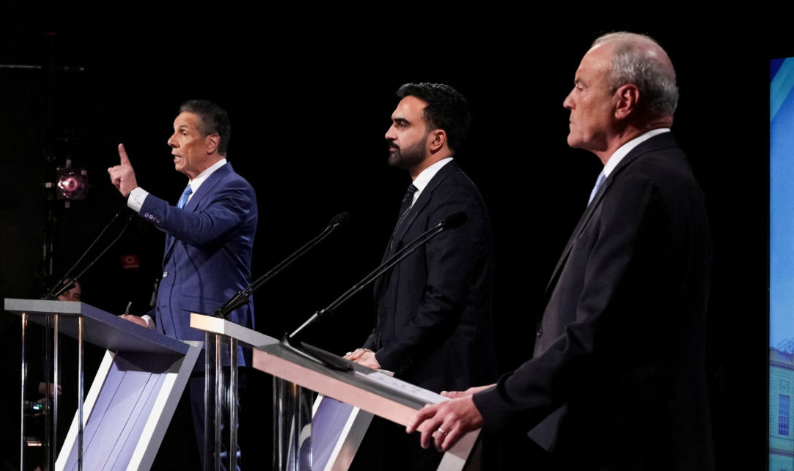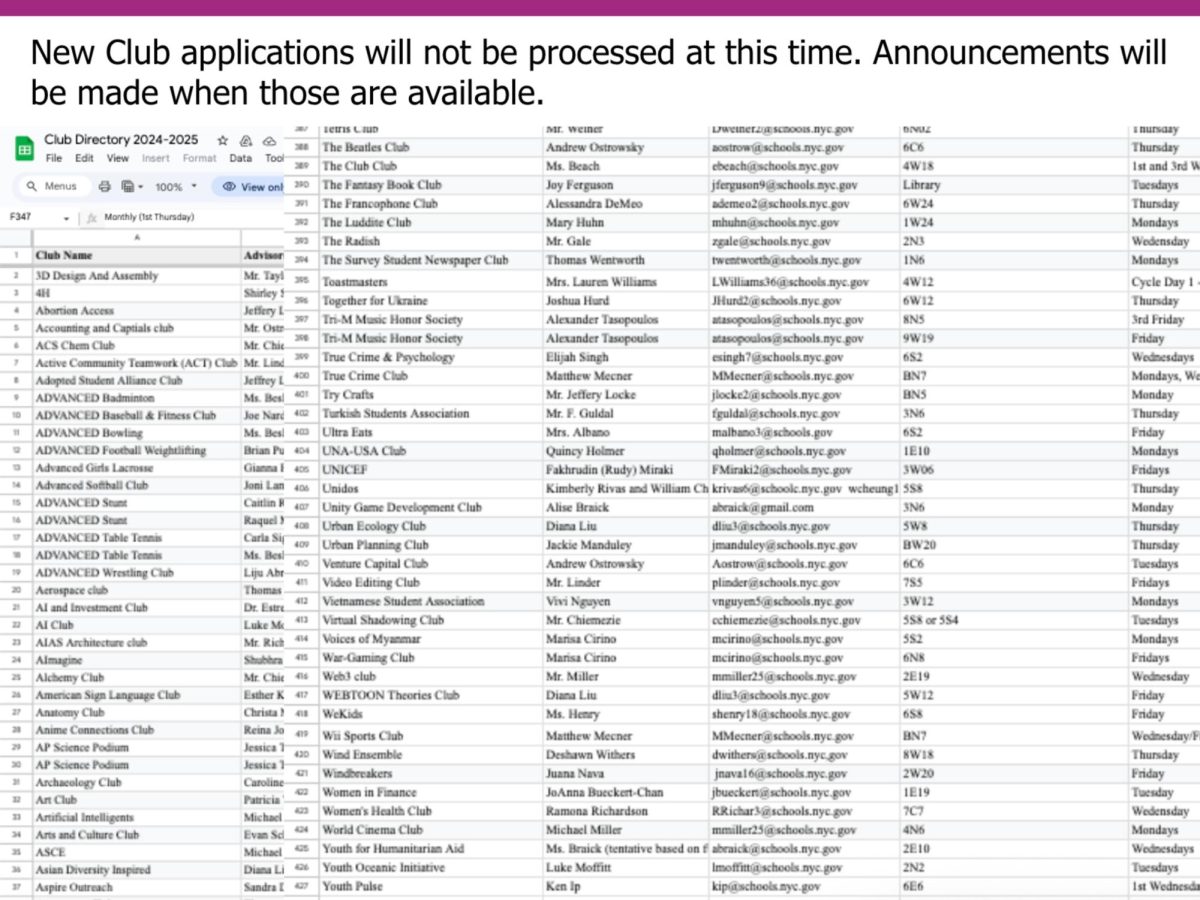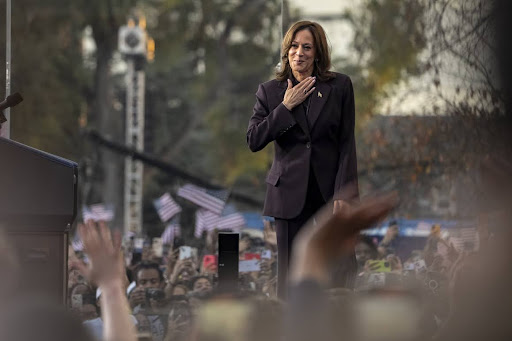The feeling on election night was eerily similar to 2016 and 2020. As the sun set and the first polls began to close, the unease reached unbearable levels. In the days leading up to the election, different polls, like the now infamous Selzer Poll in Iowa, showed the potential for a Harris landslide, but the overall consensus was that we were in store for a razor-close election, one that, like the election in 2020, could take days to decide.
Instead, it was an electoral college victory for Republicans on a scale not seen since George H.W. Bush won in 1988.
The result, however, was no surprise to New York Conservative Party Chairman Jerry Kassar. Kassar revealed internal polling from before Biden dropped out which showed Trump running ahead of Harris, and Biden polling better than the Vice President. Kassar noted that he had no reason to expect anything but a win for Trump.
Throughout her sudden and historically brief campaign, Harris and other high-profile Democrats like Barack Obama and Bill Clinton-and the Editorial Board of the New York Times-stoked fears of a Trump second term, warning of the irreparable damage to democracy that it would bring.
While that rhetoric appealed to affluent, well-educated city dwellers, working-class Americans and those struggling with family finances based their choice on more immediate and personal concerns. Americans living paycheck to paycheck were increasingly discontented by the shrinking value of those paychecks.
For context, an NBC exit poll found 53% of voters stating that inflation was causing “moderate hardship,” while 22% reported “severe hardship.” Only 24% responded that they felt no hardship at all.
Harris’ misreading of the country’s economic morale can be summed up by nine words she spoke on ABC’s The View. When asked about what she would have done differently over the past four years, she responded, “There is not a thing that comes to mind.”
As the standard bearer for the incumbent administration, voters blamed Harris for the economic situation. Law and Society major Catrina Chen (‘25) believes this put the vice president at a disadvantage.
“Many Americans pointed fingers at the president and overall administration in office,” she said.
The fact that the Biden administration was still wrapped up in the repercussions of two trillion dollars in COVID stimulus provided by the American Rescue Plan did nothing to stop the blame.
Harris also had a tone problem. She walked down the wrong path trying to lecture voters about Trump. Voters are less open to being lectured by the incumbent party when they cannot afford to eat out once a week, or take a trip to the waterpark for their kid’s birthday.
Being told that the economic reality was something other than what voters were experiencing came across as condescending.
Kassar believes that it was the “man on street economy” that mattered most to voters, noting that prices were better under the Trump administration, although Chen made sure to add that Trump did inherit a strong economy from the Obama years.
Come election night, the consequences of that blunder were clear before the first votes were even made public. CNN exit polls showed that when asked “How does your family’s financial situation compare to four years ago,” 52% of voters in Arizona and Georgia said they were worse off, reaching as high as 54% in Wisconsin, another key swing state that Trump was able to flip from 2020.

Interviews with voters leaving polling sites gave insights into what the night was going to hold, and two specific interviews from CNN stood out. One voter, when asked why he voted for Trump, said that it was because Trump isn’t going to tax overtime pay, and that is how he makes most of his money. Another voter, when asked “Why Trump?” said it was because his small business did better in the four years during Trump than the four years under Biden.
The second misstep for Democrats was a mistake they’ve been making for nearly 10 years: alienating voters that leaned towards Trump. The “popular” move by Democrats during the election has been insulting those who support Trump, calling them fascists and “othering” them.
After Trump’s Madison Square Garden rally, in which racist comments were made attacking countless minority groups, including comedian Tony Hinchcliffe’s infamous “floating island of trash” comment about Puerto Rico, the Democrats could’ve taken advantage. Instead, President Biden turned around and called supporters of Trump “garbage.”
To what should be no surprise, half the country doesn’t like to be name-called and ostracized because they choose to vote for the other party. Having just lost the election, in part because of polarizing behavior, you would’ve thought that pundits on major networks would begin to learn and move forward, but it has been quite the opposite. Continuing down this path of vilifying neighbors who don’t agree with the Democratic orthodoxy will allow Republicans to maintain and grow their increasingly diverse electorate.
Voters have shown Democrats what their priorities are, and instead Kassar staunchly believes that they pushed a “liberal agenda,” not the centrist policies that many Americans prefer. Aside from the bigotry pushed by extreme factions of the Republican party – which is awful and hateful and cruel – are their economic concerns and feelings of being condescended to by “coastal elites” so wrong?
If there is a silver lining for Democrats in this election, it is that they lost so embarrassingly, and lost everywhere, which should force them to revamp their approach for the 2026 midterms and the presidential election in 2028.
Following Reagan’s takeover of the middle class, and the 1984 election in which he lost only one state, Bill Clinton led the Democrats towards the center. They were able to reclaim the electorate that Reagan, and previously Nixon, had captured and created a coalition centered around the economy and families. That type of revitalization is exactly what Democrats need if they want any chance of making inroads in Congress starting in 2026.
Kassar noted that he feels a disconnect between Democratic representatives and their constituents, an issue that the party must resolve before any progress can be made. There also seems to be division within the Democratic party ranks which, according to Chen, creates a critical flaw.
“Reconvening and reevaluating what needs to be done next requires unity,” said Chen, who does not currently see much unity, especially in moments where major Democratic figures like Bernie Sanders have criticized the Harris campaign for “abandoning the working class.”
Harris’ candidate profile did not fit the current political climate, and establishment Democrats will now need to be more creative, empathetic, and mindful of the tactics and ideology that have brought them previous success.








































